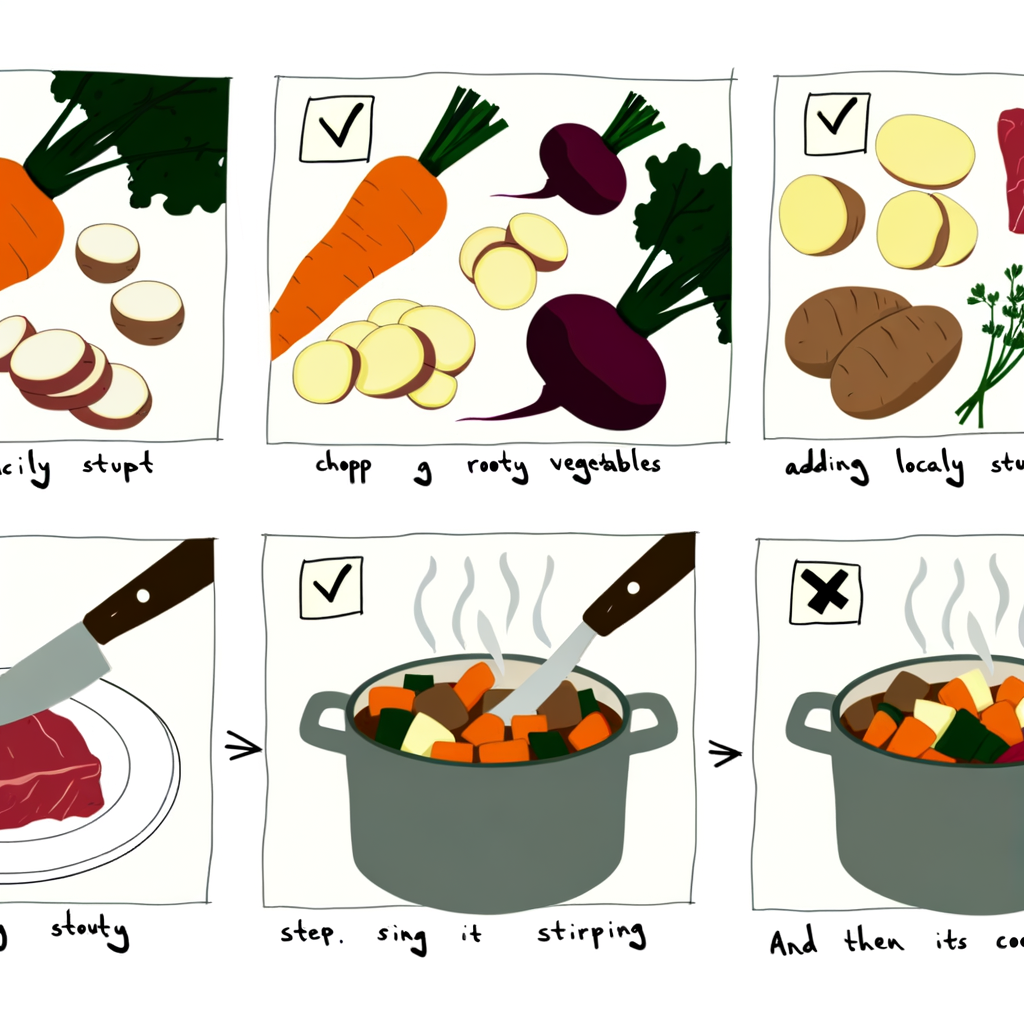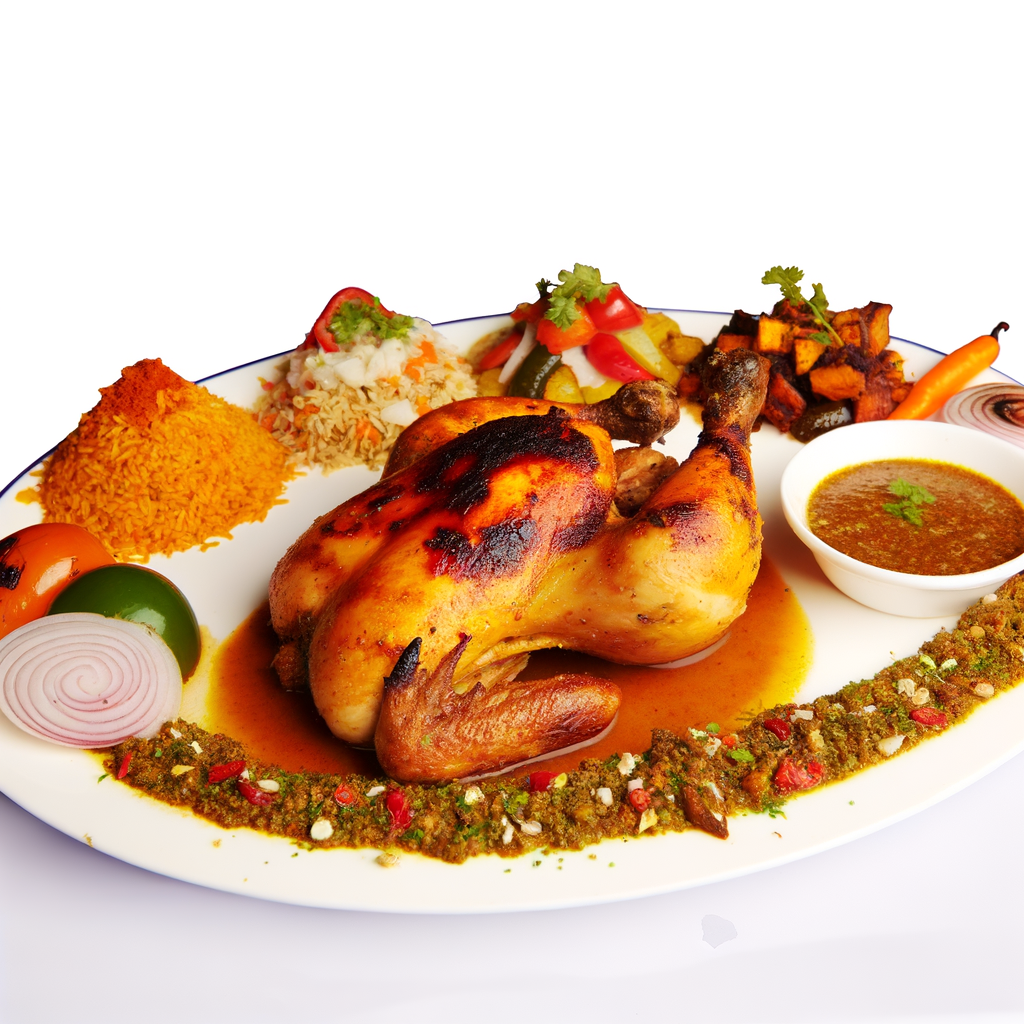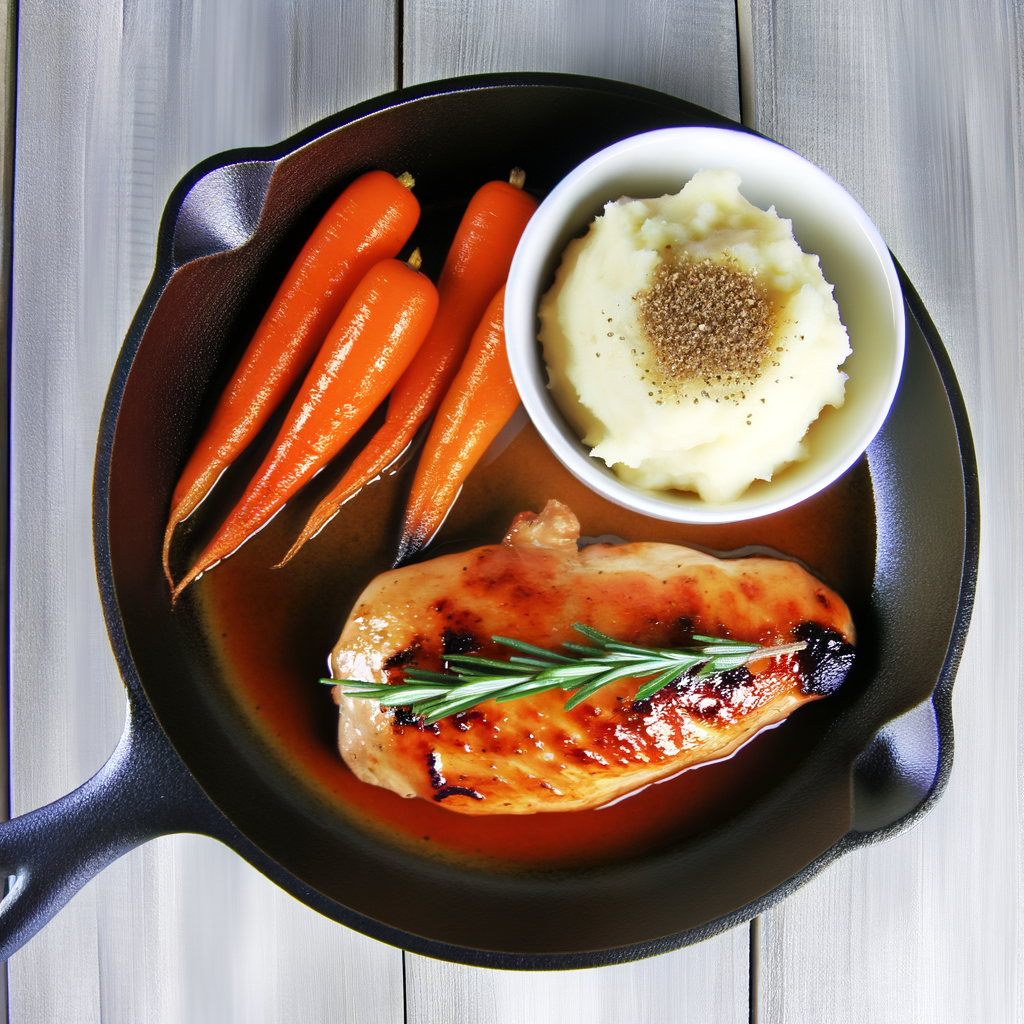British cuisine has a rich history that is deeply rooted in the use of high quality, locally sourced ingredients. One of the key components of British cuisine is protein. Protein is an essential part of any diet, providing the body with the necessary nutrients to function properly. In British cuisine, proteins are used in a variety of ways, from hearty stews and roasts to delicate seafood dishes. The use of proteins in British cuisine not only adds flavor and texture, but also reflects the diversity and vibrancy of British food culture.
Traditionally, proteins such as beef, lamb, and poultry have been staples in British cuisine. These meats were often slow-cooked, allowing the flavors to develop and creating tender, succulent dishes. In more modern times, British chefs have expanded their use of proteins, incorporating a wider range of meats such as venison and game birds, as well as seafood like salmon and cod. This diversity in protein sources adds depth and complexity to British dishes, showcasing the creativity and innovation of British chefs.
In addition to sourcing high quality proteins, British cuisine also places emphasis on sustainable and ethical practices. This means using locally sourced and responsibly raised meats and seafood. By supporting local farmers and fishermen, British cuisine not only ensures the freshness and quality of its proteins, but also contributes to the preservation of British food culture and gastronomy for future generations to enjoy.
So next time you sit down to enjoy a traditional British roast or a modern seafood dish, remember the important role that proteins play in British cuisine. They truly are the backbone of this diverse and vibrant food culture.





